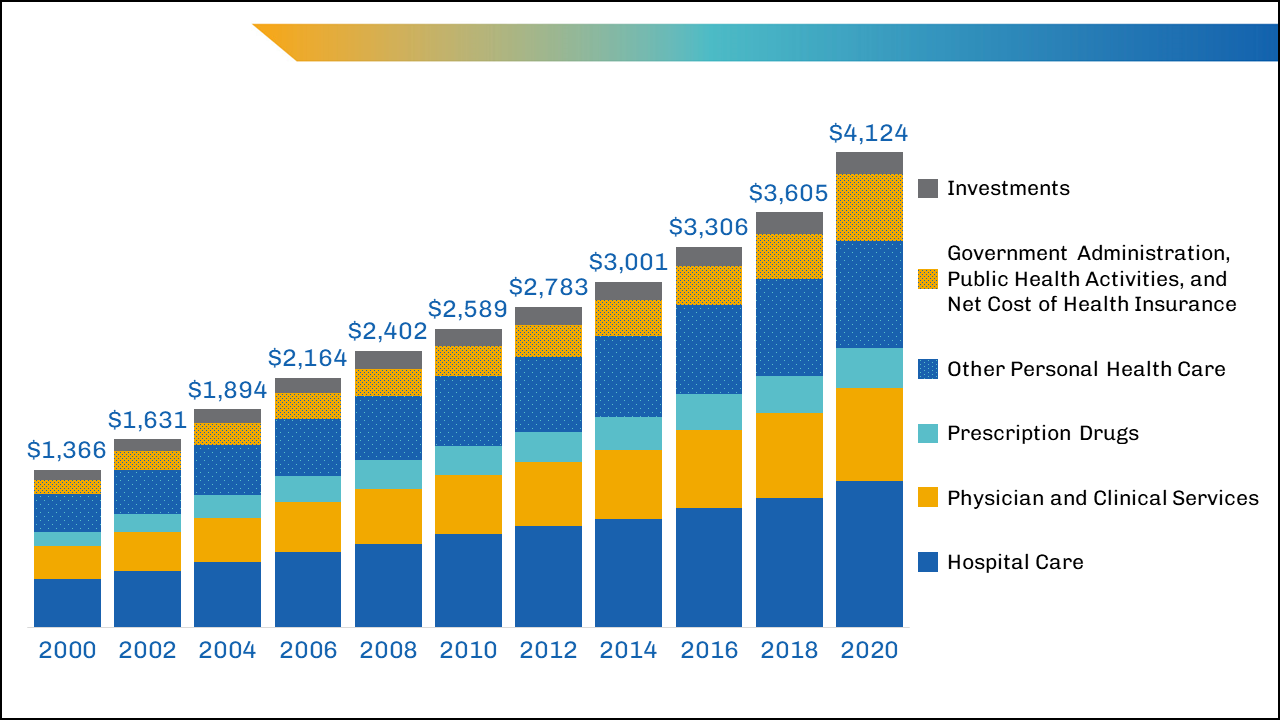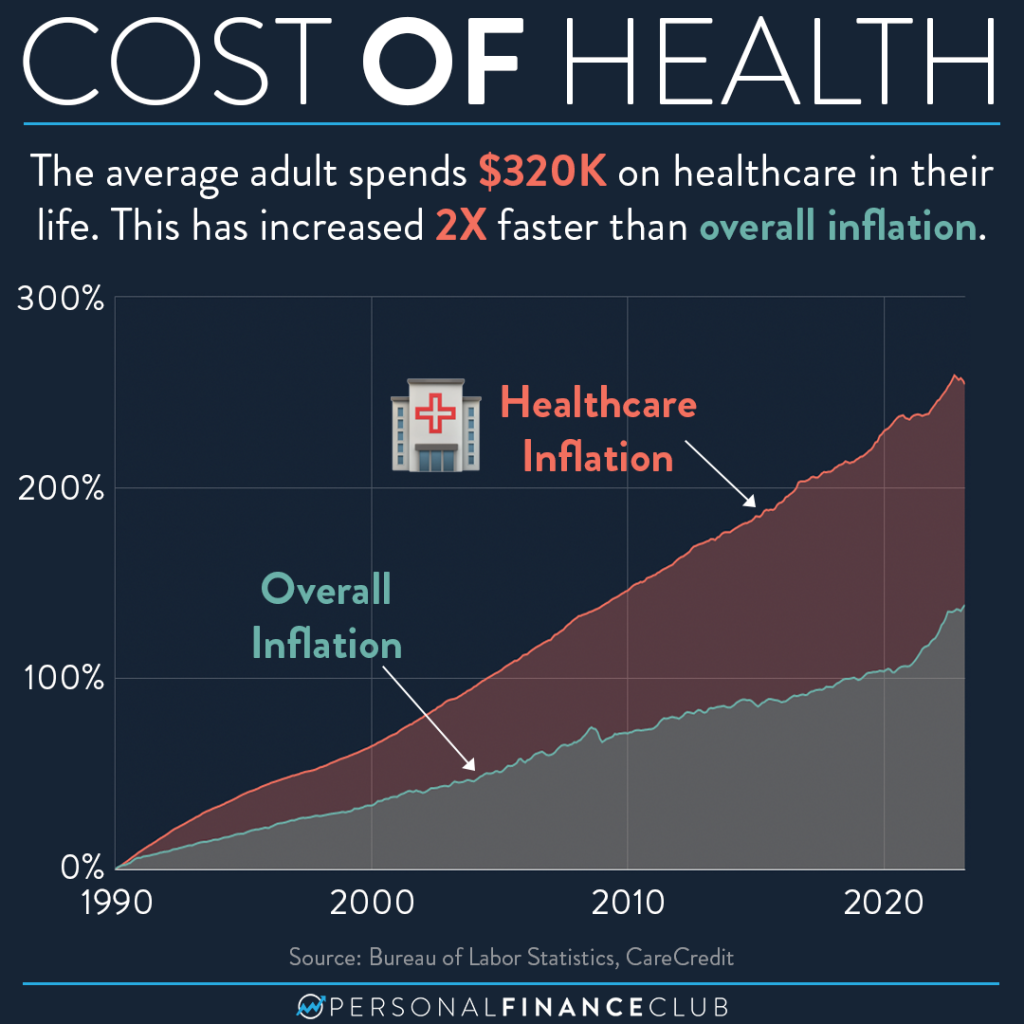Ideal Healthcare RCM Practices to Boost Functional Effectiveness and Collections
Recognizing the Function of Healthcare RCM in Enhancing Monetary Performance and Patient Complete Satisfaction
Browsing the intricacies of Medical care Profits Cycle Management (RCM) is important for accomplishing ideal monetary efficiency while at the same time boosting individual fulfillment. As we explore the transformative potential of RCM, inquiries concerning its strategic execution and future improvements beckon, appealing insights that might redefine sector criteria and individual experiences alike.

Secret Parts of RCM
In the complex landscape of healthcare, Profits Cycle Administration (RCM) is pivotal in making certain monetary stability and functional effectiveness. Client enrollment and eligibility confirmation are foundational actions, guaranteeing that accurate person info is captured and insurance coverage is verified prior to services are provided.

Cost capture is another crucial element, entailing the accurate recording of services given to patients. It makes sure that all billable solutions are accounted for, consequently taking full advantage of earnings potential. Concurrently, clinical coding translates patient encounters right into standardized codes, which are important for invoicing and regulatory conformity.
Insurance claims submission and monitoring follow, involving the prep work and submission of claims to payers. This process needs careful attention to detail to reduce mistakes and prevent delays. Denial management is a proactive method to address and fix rejected cases, protecting revenue streams.
Last but not least, payment posting and person collections complete the cycle, making certain settlements are precisely tape-recorded and exceptional equilibriums are pursued. With each other, these components form a durable framework that supports the monetary and operational health and wellness of health care organizations.
Influence On Financial Performance
Effective Revenue Cycle Management (RCM) significantly influences a health care company's economic efficiency by maximizing capital and decreasing earnings leakage. RCM includes the comprehensive payment and collection processes that make sure doctor effectively manage their financial transactions from individual registration to final settlement. By simplifying these procedures, companies can minimize denied claims, speed up payment cycles, and boost general economic health and wellness.
Financial efficiency is enhanced via careful management of billing treatments, which involves accurate coding and prompt submission of cases. This minimizes the probability of insurance claim denials and denials, which can considerably hinder earnings circulation if not addressed without delay. In addition, incorporating advanced technology remedies promotes real-time monitoring of insurance claims and financial metrics, giving medical care managers with the devices essential to make educated strategic decisions.

Enhancing Client Fulfillment
While optimizing monetary efficiency is a vital objective of Earnings Cycle Management (RCM), it likewise plays a crucial role in enhancing individual contentment. Patients today demand transparency, effectiveness, and precision in their medical care communications. RCM systems streamline these processes, offering individuals a smooth experience from consultation organizing to settlement. By decreasing management worries, RCM permits doctor to concentrate more on patient care, which directly enhances client contentment.

RCM likewise improves patient satisfaction via efficient communication. By preserving an extensive database of patient details, RCM assists in boosted interaction between clients and healthcare suppliers, making certain patients feel informed and valued. This transparency and access foster a favorable patient experience. In general, reliable RCM implementation not just increases financial results however likewise dramatically adds to a patient-centered medical care atmosphere.
Approaches for Effective RCM
Achieving effective Earnings Cycle Administration (RCM) requires medical care organizations to carry out a collection of tactical techniques that make sure monetary stability and operational performance. One essential approach is the adoption of click to investigate technology-driven services, such as integrated software program platforms that simplify billing procedures, decrease mistakes, and improve data precision. These systems enable real-time monitoring of financial metrics, allowing for prompt identification and rectification of ineffectiveness.
An additional approach is the standardization of processes across the revenue cycle. Healthcare RCM. This involves developing constant plans for person enrollment, insurance policy confirmation, and declares handling. By making sure that all staff stick to these standards, organizations can accelerate and reduce disparities repayment collections
Team training and development additionally play a crucial function in reliable RCM. Trained employees can successfully navigate complex billing treatments and laws, enhancing and reducing denials cash circulation. Normal updates on plan adjustments and finest techniques assist preserve a experienced and skilled workforce.
Future Trends in RCM
As healthcare companies boost their Revenue Cycle Monitoring (RCM) methods with innovation and standardized processes, focus is now transforming in the direction of the future trends shaping this essential area. One considerable fad is the combination of artificial knowledge (AI) and machine discovering to automate intricate tasks, such as claims processing and anticipating analytics. These technologies are anticipated to reduce mistakes, accelerate additional resources deal times, and give data-driven insights for far better decision-making.
Additionally, the shift in the direction of value-based care proceeds to influence RCM methods - Healthcare RCM. Healthcare service providers are expected to significantly concentrate on patient end results and fulfillment, demanding RCM systems that can fit new repayment models. This change will require even more extensive data collection and evaluation to properly gauge and report on performance metrics
Interoperability is an additional emerging top priority, as seamless data exchange in between disparate systems comes to be crucial. Improved interoperability will certainly promote more exact client details sharing, decreasing administrative burdens and improving the patient experience.
Conclusion
Healthcare Revenue Cycle Monitoring that site (RCM) dramatically affects both financial efficiency and individual fulfillment by enhancing billing processes, guaranteeing precise coding, and enabling prompt cases entry. Effective RCM minimizes revenue leak and increases cash money circulation, minimizing insurance claim denials and expediting repayments.
Navigating the intricacies of Medical care Profits Cycle Administration (RCM) is vital for achieving optimal economic performance while concurrently boosting individual complete satisfaction. RCM includes the detailed invoicing and collection processes that guarantee healthcare companies efficiently handle their economic purchases from client enrollment to final payment. By reducing administrative burdens, RCM enables medical care suppliers to focus more on individual care, which straight improves person satisfaction.
By keeping an extensive database of person details, RCM helps with boosted communication between patients and health care service providers, making certain individuals feel educated and valued.Healthcare Income Cycle Administration (RCM) significantly influences both monetary performance and patient fulfillment by maximizing billing procedures, making sure accurate coding, and allowing timely insurance claims submission.